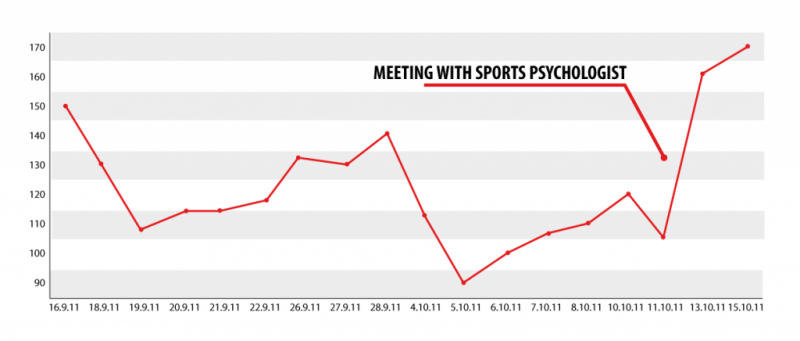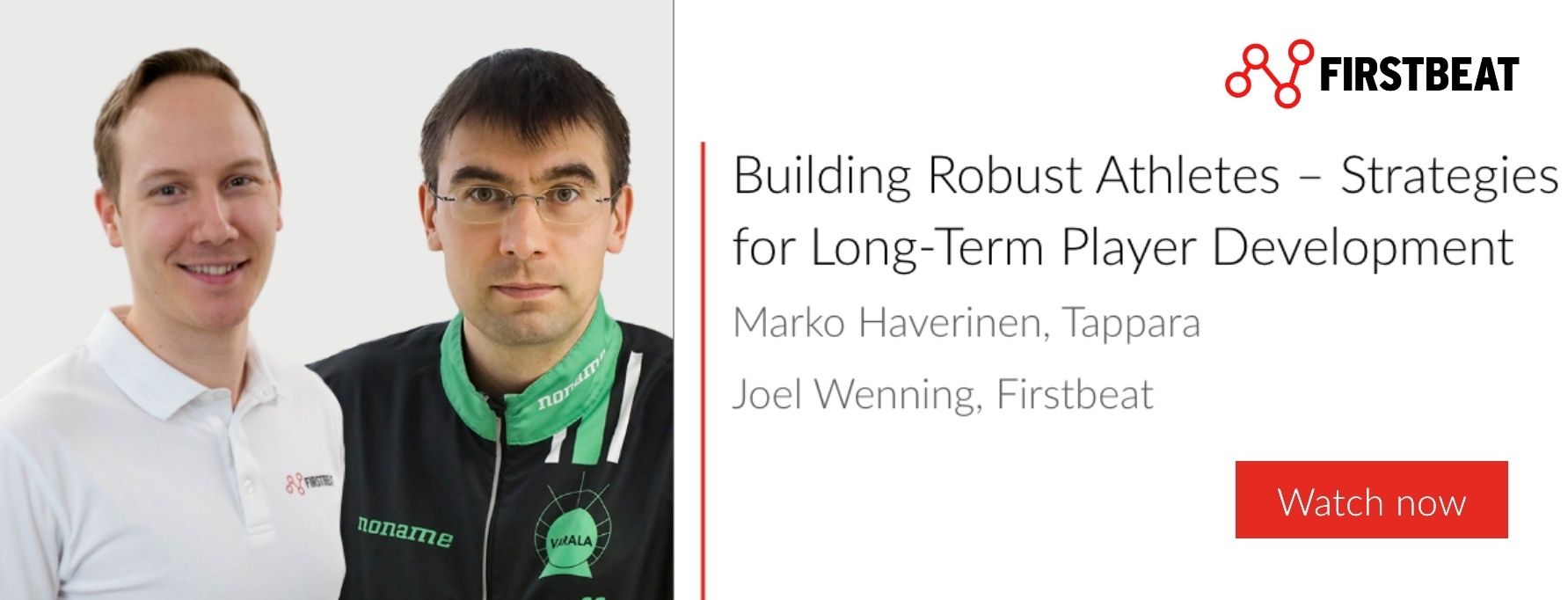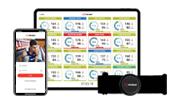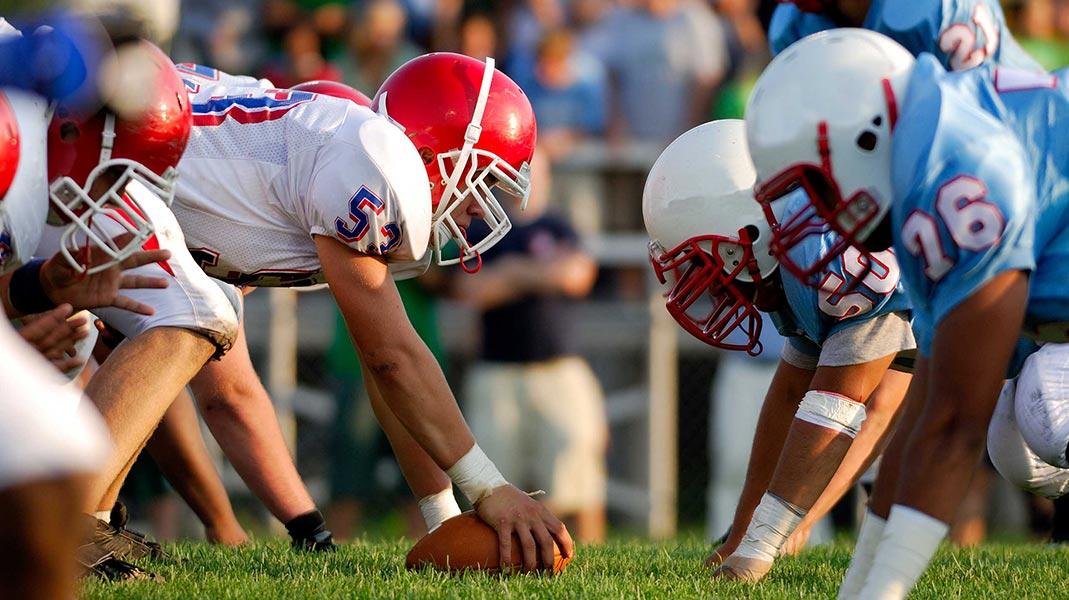
In previous articles, the effect that good recovery has on performance has been highlighted from a physiological point of view. But what if we look at the situation from a more psychological viewpoint? What effect does heart rate variability (HRV) feedback have on athletes’ psychological preparedness and vice versa?
Sport coaches are seeking to understand the importance of good recovery and what effects recovery monitoring has on the athlete as a whole. Alfred Bandura’s concept of self-efficacy is often used when talking about mental preparedness and performance. Self-efficacy is a part of Bandura’s social cognitive theory and it basically explores a person’s belief in her or his own ability to succeed in a particular situation. According to Bandura, self-efficacy related expectations derive from four different sources of information which are; performance accomplishment, verbal persuasion, vicarious experience and physiological states. HRV analysis provides a great tool for testing the physiological state of an athlete which in turn also has an effect on the athlete’s self-efficacy. HRV feedback can be used as a tool for self-regulating physiological responses that often lead to improved psycho-physiological interactions. This increased self-efficacy has an effect on the psychological preparedness and as a result also affects the performance.
A study done in 2012 with university (or above) level basketball players also presents the relationship between HRV feedback, self-efficacy and performance. The purpose of the study was to examine how HRV biofeedback protocol can be used to create stress-eliciting situation with basketball players with high anxiety levels. The study suggested that HRV biofeedback training helped the athletes to find their “zone of excellence” which had a positive effect on their performance level. Another interesting result was the improvement of the construct of self-efficacy. This showed the profound influence of HRV biofeedback also on psychosocial processes that can serve as an index of sport performance.
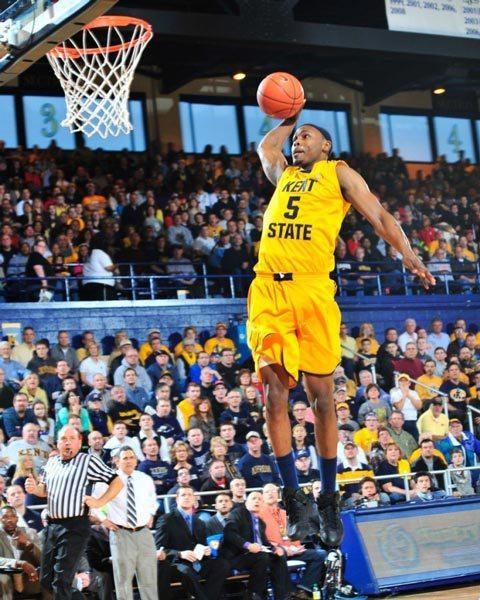
Another interesting recent study done by KIHU (Finnish Research Institute of Olympic Sports) concentrated on monitoring physiological and psychological training loads in figure skating. One of the key variable in the study was Firstbeat recovery index. From a sport psychology point of view the most interesting result was the connection between mental preparedness and recovery. During a preparation season the athlete was performing poorly and had low recovery index values. However, after visiting a sport psychologist, both the performance and the recovery index started to get better instantly. This showed the two way connection between HRV and sport psychology and that sport psychological tools can also have an effect on HRV.
It seems that also sport coaches have been starting to understand the importance of good recovery and what effects recovery monitoring has on the athlete as a whole. For example according to Erkka Westerlund (the head coach of ice hockey team Jokerit Helsinki, KHL), it is crucial considering players’ development to understand what happens also during the 20 hours per day outside training. According to him, Firstbeat HRV measurement is a great tool to get to know oneself physically but also mentally. It is important to know what causes stress and what helps a player to recover from stress.
If you liked this article, you should subscribe to our mailing list.
Sources:
Bandura, A. (1977) Self-efficacy: Toward a unifying theory of behavioral change. Psychological Review. 84:2, 191-215.
Firstbeat (2014) Helsingin Jokerit: Palautuminen keskeistä kehittymisessä ja menestymisessä. 5.12.2014.
You might also be interested in
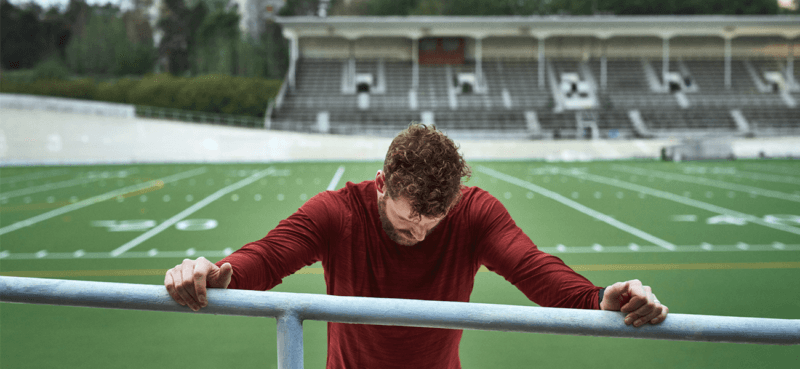
3 Types of Psychological Stress Affecting Athletes In-season
What exactly are these stressors and how can coaches and athletes identify them in order to adjust and, ultimately, limit the negative impact they can have?

How Arsenal Manage Player Data to Achieve Peak Performance
Technology in sport is increasing at a rapid rate. Arsenal’s Tom Allen reveals how to pinpoint the key data and monitor players effectively during the season.
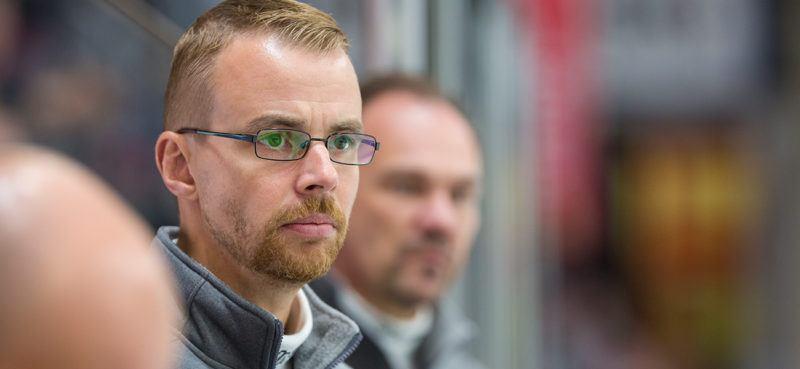
“Estimating the Physical and Mental Resources of the Team is the Most Challenging Part”
Heart rate data delivers the big picture and helps players to optimize their performance, says head coach of the Finnish premier ice hockey team.
